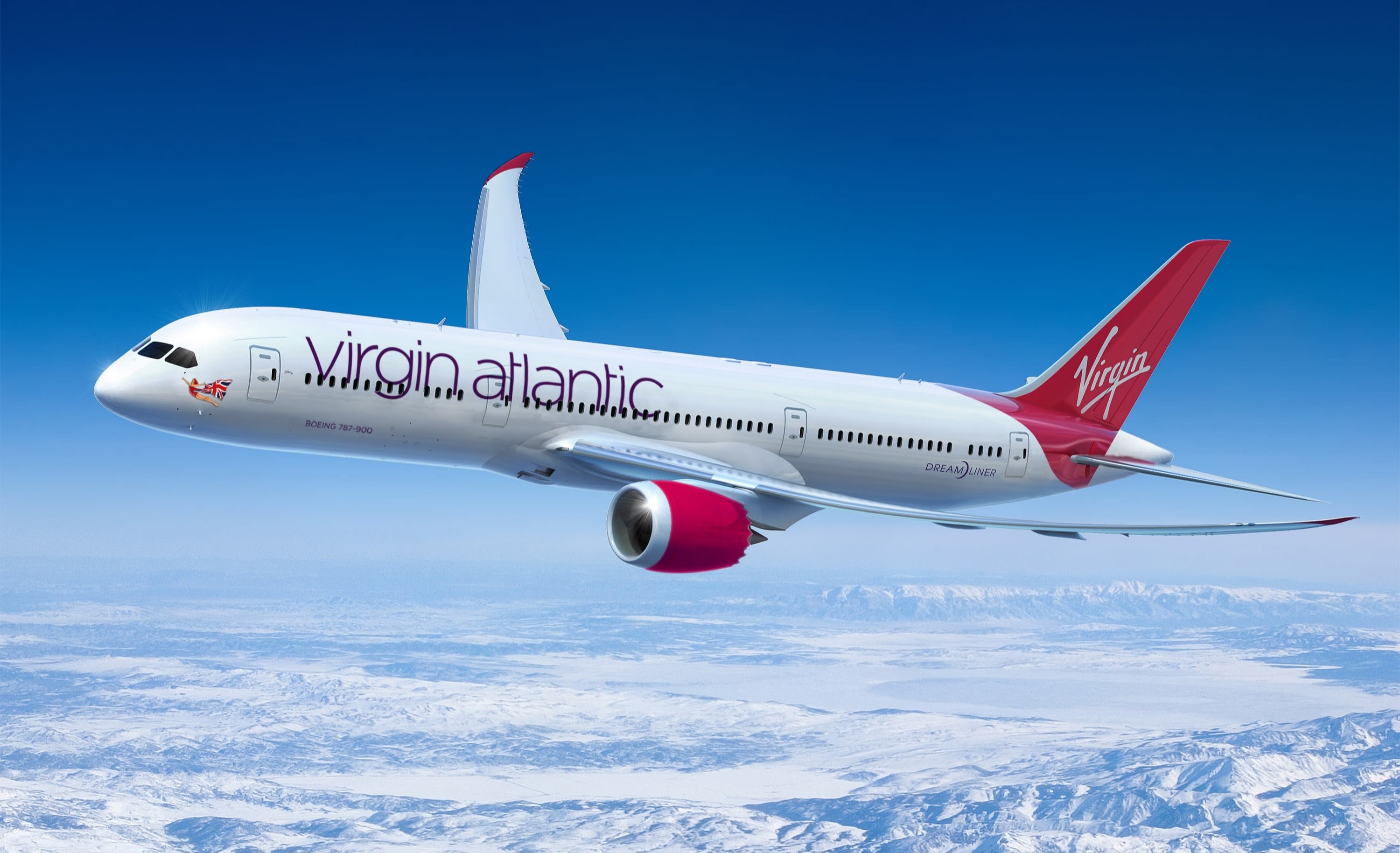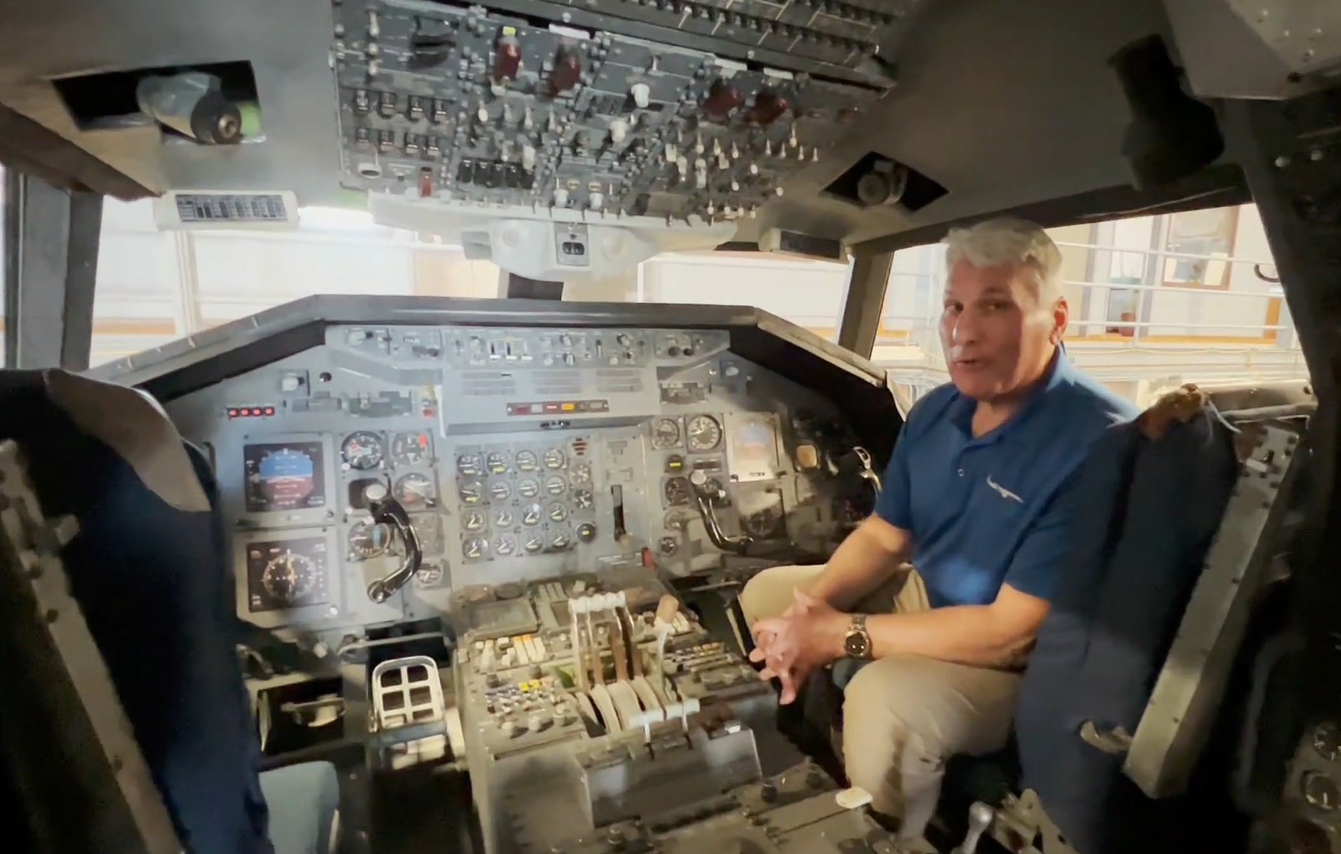First London-New York Flight with Sustainable Aviation Fuel
28 November, 2023
3 min read
By joining our newsletter, you agree to our Privacy Policy


Virgin Atlantic has used 100% sustainable aviation fuel on a flight from London to New York. It’s an important and exciting step towards slashing emissions from planes.
Virgin Atlantic used a Boeing 787 Dreamliner from its fleet and ran the eight hour flight on 100 percent sustainable aviation fuel (SAF), during the journey from Heathrow Airport to John F. Kennedy International Airport. This is the first commercial airline to fly a passenger plane across the Atlantic Ocean by burning only fossil-free jet fuel.
The airline had received UK government funding for the flight to show how SAF could replace conventional jet fuel. It will work with a consortium that includes Rolls-Royce, Boeing, Pratt & Whitney Canada, Imperial College London, University of Sheffield, RMI, and ICF. When fully replacing kerosene, SAF can slash lifecycle carbon emissions by more than 70%, compared to conventional fossil jet fuel.
UK Transport Secretary Mark Harper said:
“For decades, flying from London to New York has symbolised aviation’s ability to connect people and drive international progress. It’s now going to be at the forefront of cutting carbon emissions from flying. “Not only will this flight pave the way for future generations, but it will demonstrate just how much we can achieve when we work together on a shared goal – bringing together some of the best businesses and academics in the world and led by a British airline.”
Virgin Atlantic’s flight was expected to be fuelled by SAF made primarily from waste oils and fats, such as used cooking oil. The use of 100% SAF on the flight, combined with carbon removal through biochar credits – a material that traps and stores carbon taken from the atmosphere – will make the flight net zero.
According to Canary Media, In 2022, fuel producers churned out nearly 80 million gallons of SAF worldwide. Although that’s triple the volume produced in 2021, and while this year’s output is on track to “rise exponentially,” SAF supplies still represent less than 0.1 percent of total global aviation fuel. Where SAF is available, it can cost three to five times more on average than conventional jet fuel.
Gene Gebolys, president and CEO at World Energy said .
"Airlines are telling me they will take all my SAF, as long as it’s the same price as jet fuel.But we can’t produce SAF at the price of jet fuel and have it be a going concern.”
Next Article
Qantas triples profit but misses mark

Get the latest news and updates straight to your inbox
No spam, no hassle, no fuss, just airline news direct to you.
By joining our newsletter, you agree to our Privacy Policy
Find us on social media
Comments
No comments yet, be the first to write one.
